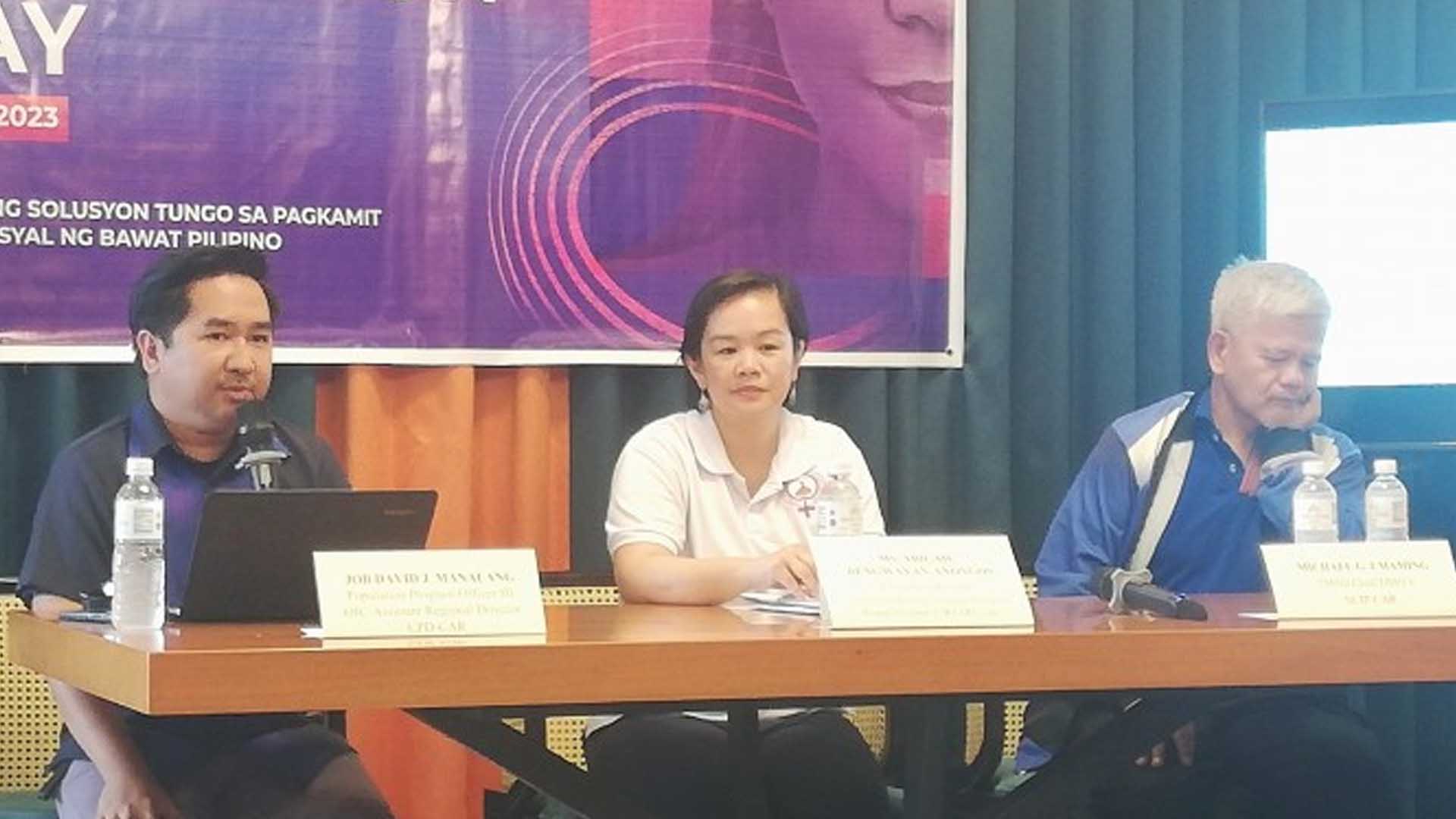The 2.1 percent birthing rate of women in Cordillera last year would be beneficial to the economy because it would translate to additional manpower in the future, according to the Commission on Population and Development (POPCOM).
At a press conference here, Population Program Officer III Job David Manalang said the 2022 birthing rate of women, which is lower compared to past years, would be good for the economy because it would mean women in the birthing age would not be focused on taking care of children but have time to share in the economic growth.
“It assures that there will be available workers in the future who will contribute to the economy and not [a future] overly populated with young and old people to take care of,” he said.
The region’s replacement fertility rate for women aged 15 to 49 years old stood at 2.1 percent last year, higher than the national rate of 1.9 percent.
Cordillera has recorded a slow but steady decrease in the fertility rate among the mentioned age group for the past 20 years: 3.8 percent in 2003; 3.3 percent in 2008; 2.9 percent in 2013; 2.5 percent in 2017; and 2.1 percent in 2022.
He said the 2.1 percent birthing rate last year meant every woman in the Cordillera Administrative Region (CAR) in the productive ages of 15 to 65 years old can bear two children.
Cordillera’s 2020 census of population shows there are 873,690 women out of the 1.79 million people in the region.
The marrying age of Cordillera women is logged at 23.5 years old, older than the national average of 22.8 years old.
Human investment
Manalang said that the government through a collaboration among national line agencies pursues programs aimed at investing in human capital formation to assure that future job market providers will be capable of contributing to the economy.
“We see investments in services, education, health and even skills are set to make our people ready as soon as they enter the labor market,” the official said.
He added that the government also monitor changes in the quality of human capital resources in terms of skills and health readiness to work.
The press conference was conducted in celebration of “World Population Day,” which focuses on the importance of the population, with emphasis on every person’s potential.
Meanwhile, Michael Umaming, Technical Management Services Division chief of the National Commission on Indigenous People in CAR, said the clamor to continue adding ethnicity information in surveys will provide information on possible needs that can be addressed.
“While it is invisible, it is important to know the ethnicity and to know the cultural practices and make appropriate plans and programs to meet the needs of the Indigenous Peoples,” he said.
“We will know what they need and how their beliefs and cultures affect their development,” he said. (PNA)




















